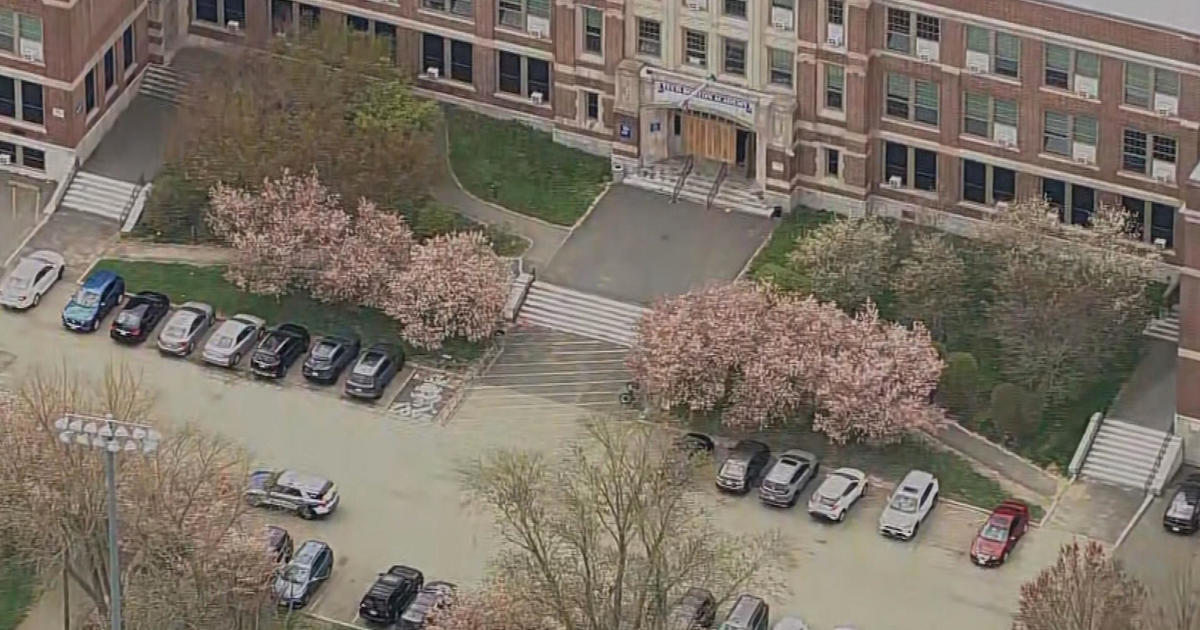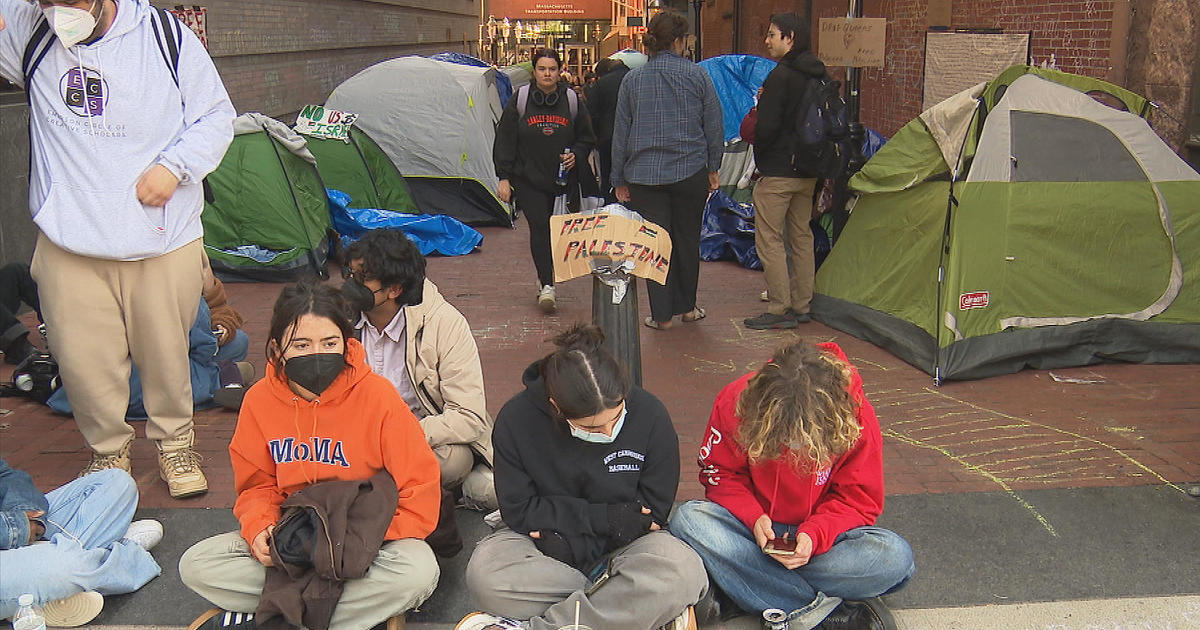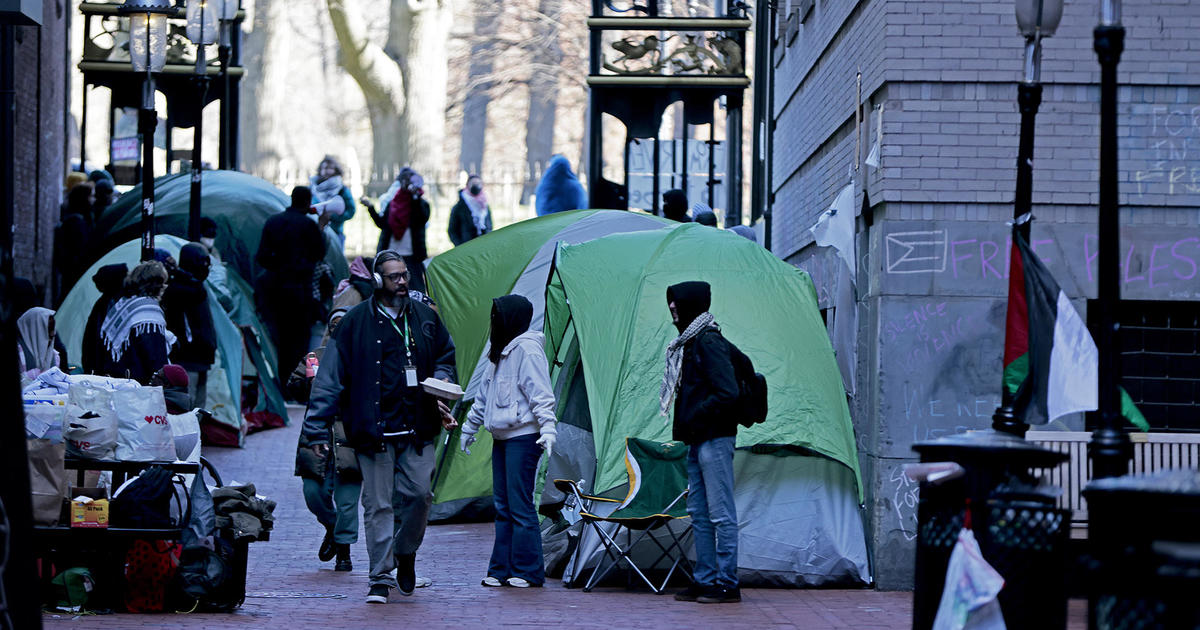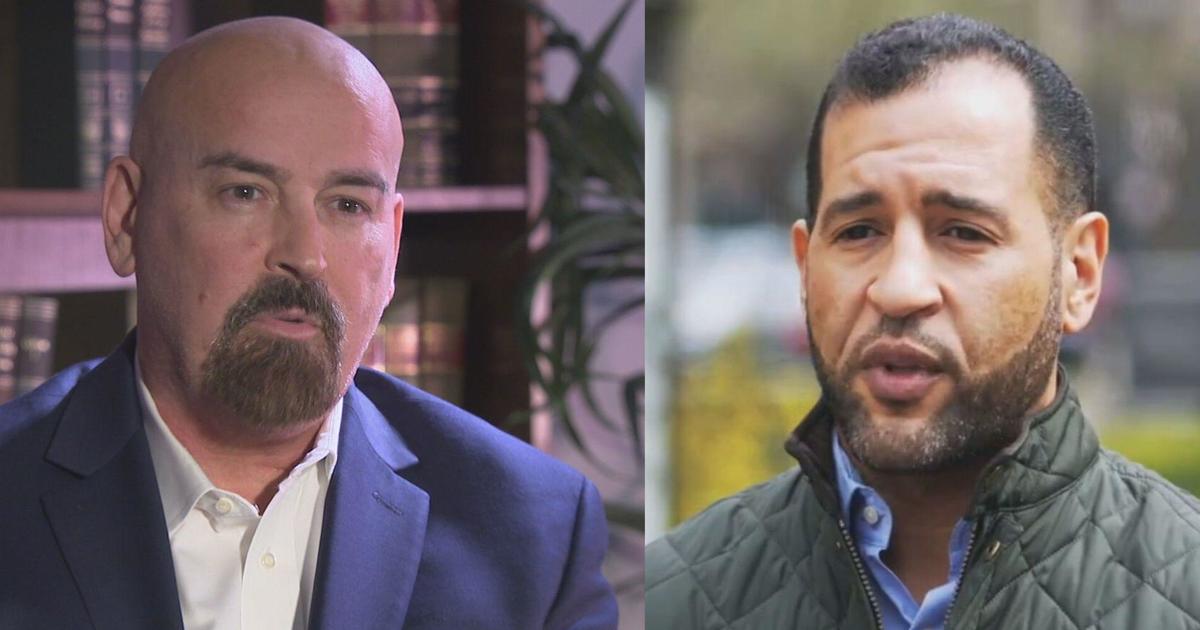Boston To Add Designated Ride-Hailing Drop Off Sites In Seaport
BOSTON (AP) — Boston is expanding its use of designated ride-hailing locations to drop off and pick up riders.
Mayor Marty Walsh announced Saturday the installation of three ride-hailing drop-off zones in the city's booming South Boston Seaport.
"A world-class city needs world-class transportation, and we're working to find creative solutions to congestion, making transportation better for all," the Democrat said in a press release.
A similar program was created last year in the city's Fenway neighborhood.
The goal is to improve safety while reducing traffic congestion linked to double parking by ride-hailing drivers.
Acting Boston Transportation Department Commissioner Gregory Rooney said picking up and dropping off passengers in a travel lane is an unsafe practice.
"People stepping into traffic to enter or exit a vehicle are at risk of being hit by a motor vehicle or bicycle. This practice presents a safety hazard for all people sharing the road," Rooney said in a statement.
The three new pickup and drop-off zones are located at 50 Northern Avenue, 100 Northern Avenue and 56 Seaport Boulevard.
Private passenger vehicles can also use the zones to pick up and drop off passengers. Vehicles are subject to a five-minute limit and drivers must stay with their cars.
The zones are operational 24 hours a day, seven days a week.
City officials said the pilot program in the Fenway neighborhood resulted in a decrease in pickup/drop-off activity in travel lanes, an increase in safe behaviors, and reduced travel delays.
There was also a small decrease in parking tickets issued in the Fenway that may be the result of fewer ride-hailing vehicles left in travel lanes.
The idea of creating designated areas for ride-hailing drivers to pick up and drop off riders may be gaining interest.
The Massachusetts Port Authority last year began requiring drivers for ride-hailing companies to pick up and drop off passengers at a central location at Logan International Airport.
The goal was in part to reduce curbside pickups and drop-offs by Uber and Lyft at terminals, by instead funneling rides to Logan's central garage.
The companies opposed the changes when they were announced, saying they would create confusion and force ride-share passengers to pay more in fees.
Massachusetts has seen the number of ride-hailing trips soar from 64.8 million in 2017 to 83.1 million in 2018. There are more than 210,500 approved ride-hailing drivers in the state. Gov. Charlie Baker last year said the number of trips could climb to 100 million rides in 2019.
The vast number of rides occur in a relatively small number of communities. In 2017, more than half of all rides were in just three cities — Boston, Cambridge and Somerville.
Baker has proposed legislation that would require ride-hailing companies like Uber and Lyft to provide more information about where and when they're picking up and dropping off riders.
Baker said the bill would give cities and towns better data to plan for the companies' explosive growth, which comes amid increasing frustration with traffic congestion, particularly in the metropolitan Boston area.
He said communities could take that data and decide to create designated pickup and drop-off locations for ride-hailing companies at peak times to diminish the problem of cars stopping in the middle of the street.
(© Copyright 2020 The Associated Press. All Rights Reserved. This material may not be published, broadcast, rewritten or redistributed.)



